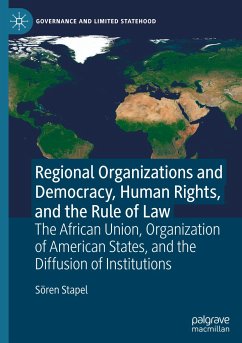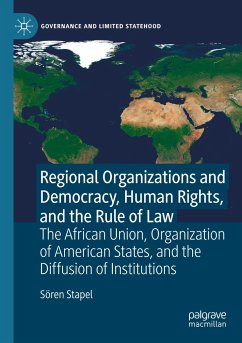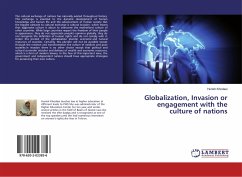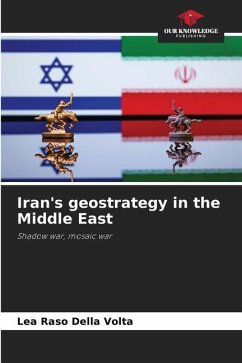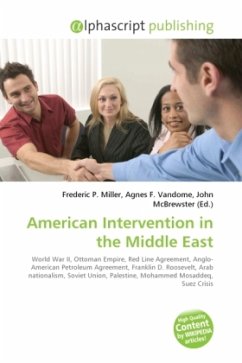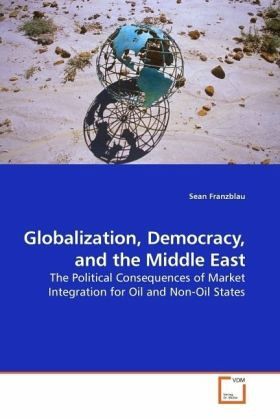
Globalization, Democracy, and the Middle East
The Political Consequences of Market Integration for Oil and Non-Oil States
Versandkostenfrei!
Versandfertig in 6-10 Tagen
32,99 €
inkl. MwSt.

PAYBACK Punkte
16 °P sammeln!
This is a comparative study that seeks to demonstrate how integration into global markets has affected political development in Egypt and Saudi Arabia. It is widely believed that free markets foster democracy by decentralizing political power and strengthening civil society. Careful analysis of recent developments in Egypt and Saudi Arabia, however, reveals that market integration can have widely divergent political consequences based on the nature of the domestic economy "linking in" to the global marketplace. In Saudi Arabia, market integration has actually led to weakened representative ins...
This is a comparative study that seeks to demonstrate how integration into global markets has affected political development in Egypt and Saudi Arabia. It is widely believed that free markets foster democracy by decentralizing political power and strengthening civil society. Careful analysis of recent developments in Egypt and Saudi Arabia, however, reveals that market integration can have widely divergent political consequences based on the nature of the domestic economy "linking in" to the global marketplace. In Saudi Arabia, market integration has actually led to weakened representative institutions, the disenfranchisement of a formerly powerful opposition class, and the total centralization of political, military and economic power based on a system of tribal patronage. In Egypt, market integration has led to considerable political liberalization, but this may ultimately cause dangerous social upheaval rather than stable, democratic governance. While the spread of capitalist markets is undoubtedly shaping the politics of the region, it will take enlightened policy making to channel these forces toward the development of democratic political institutions.



